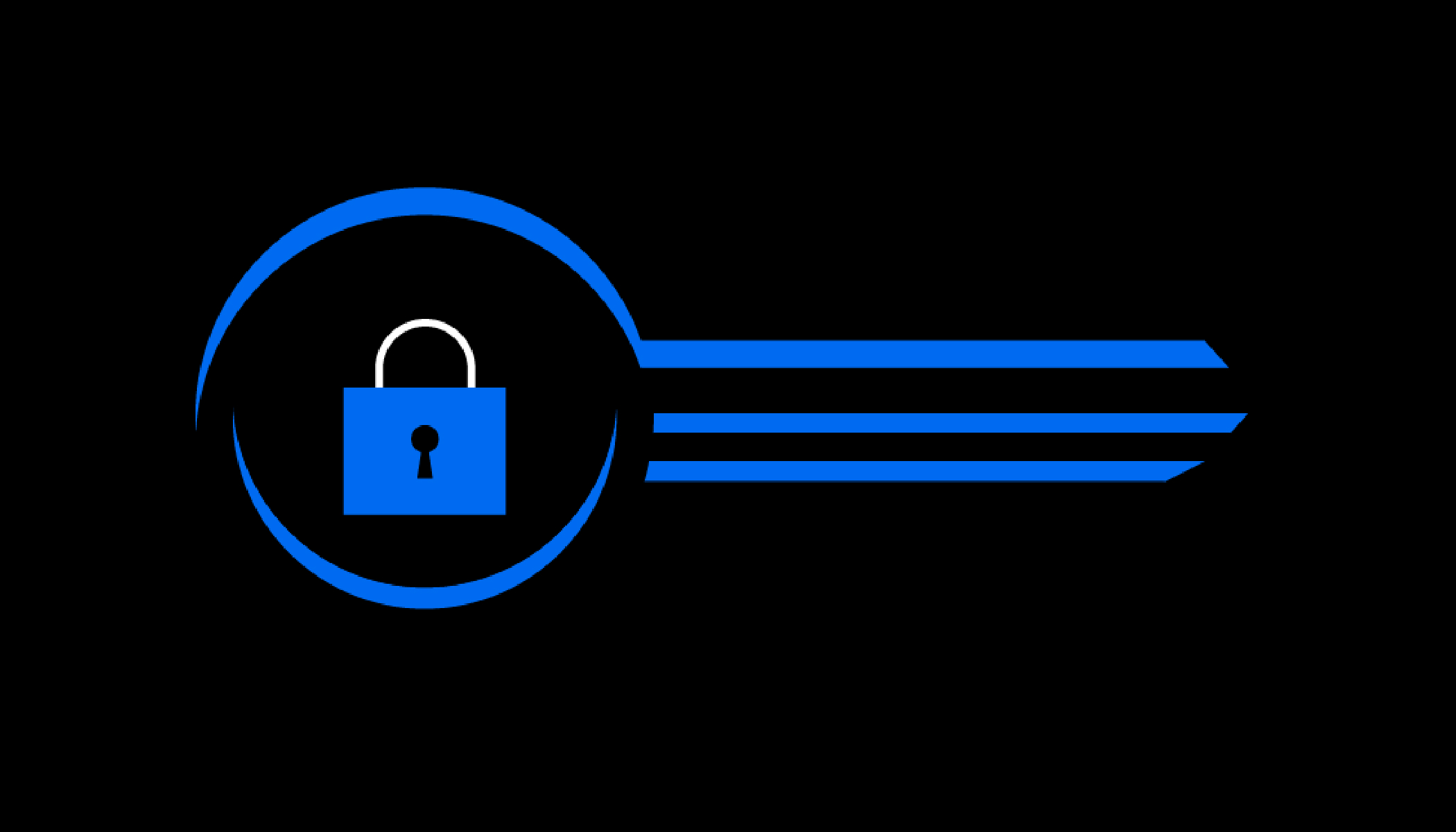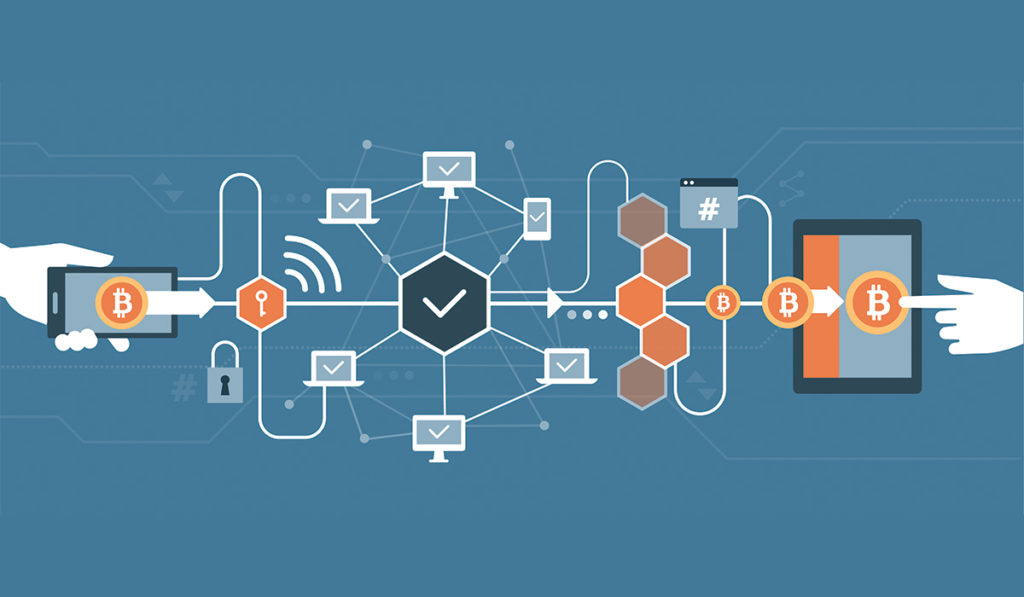What is a Hardware Wallet
Whether you're a seasoned crypto investor or just starting your journey, a hardware wallet should be an part of your cryptocurrency toolkit.

In the ever-evolving world of cryptocurrencies, security is paramount. As digital assets like Bitcoin, Ethereum, and countless others gain popularity, the need for robust methods to protect them becomes increasingly critical. One of the most effective solutions for safeguarding your crypto holdings is a hardware wallet. In this comprehensive guide, we will delve deep into the world of hardware wallets, exploring what they are, how they work, and why they are considered one of the safest options for storing cryptocurrencies.
Cryptocurrencies have revolutionized the financial landscape, offering decentralization and financial sovereignty to their users. However, this freedom comes with a significant responsibility: ensuring the security of your digital assets. Enter hardware wallets, a specialized device designed to keep your cryptocurrencies safe from a wide range of threats.
The Need for Hardware Wallets
The meteoric rise of cryptocurrencies has attracted not only investors but also cybercriminals seeking to exploit vulnerabilities in the digital realm. Hacking attempts, phishing scams, and malware attacks have become commonplace. Therefore, safeguarding your digital assets is of utmost importance.
Understanding Hardware Wallets
What is a Hardware Wallet?
A hardware wallet is a physical device designed to store your cryptocurrency securely. It is considered one of the safest methods to protect your digital assets because it operates offline, away from the reach of potential online threats.
How Do Hardware Wallets Work?
Hardware wallets store the private keys that grant access to your cryptocurrency holdings. These keys are generated and stored within the device, making them extremely difficult for hackers to access. To make a transaction, you need to physically connect the hardware wallet to a computer or mobile device.
The Advantages of Hardware Wallets
Unparalleled Security
Hardware wallets are renowned for their security features. Since they operate offline, they are immune to online attacks like phishing, malware, and hacking attempts.
Protection Against Online Threats
With the rise of cyber threats in the cryptocurrency space, hardware wallets provide an added layer of protection. They ensure that your private keys remain isolated from potentially compromised devices.
User-Friendly Interface
Most hardware wallets come with user-friendly interfaces that simplify the process of managing your crypto assets. They are designed to be accessible even to those new to the world of cryptocurrencies.
Types of Hardware Wallets
USB Hardware Wallets
USB hardware wallets resemble small flash drives. They can be easily connected to a computer via USB ports, making them convenient for users who frequently access their crypto holdings.
Smartcard Hardware Wallets
Smartcard hardware wallets are compact and resemble a credit card or SIM card. They are highly portable and offer secure storage for your private keys.
Metal Seed Hardware Wallets
Metal seed hardware wallets are physical plates or devices designed to store the recovery seed?a crucial piece of information that can be used to restore access to your wallet in case it's lost or damaged. These provide an extra layer of protection against physical damage.
Setting Up Your Hardware Wallet
Creating a Wallet
The setup process typically involves creating a new wallet on the hardware device. This wallet will be used to store your cryptocurrencies securely.
Generating and Storing Recovery Phrases
Most hardware wallets will generate a series of recovery phrases or seed words. These must be stored securely offline. In case you lose your hardware wallet, these phrases are your lifeline to recovering your assets.
Transferring Cryptocurrency
Once your wallet is set up, you can transfer your cryptocurrencies into it. This is done by sending them to the wallet's public address.
Using Your Hardware Wallet
Making Transactions
When you wish to make a transaction, you need to connect your hardware wallet to a computer or mobile device. The device will then sign the transaction using your private key, ensuring its security.
Checking Your Balance
You can check your cryptocurrency balance on your hardware wallet's interface. This allows you to monitor your holdings without compromising security.
Security Best Practices
Keep Your Recovery Seed Offline
The recovery seed is your last line of defense against losing access to your cryptocurrencies. Store it in a safe, offline location. Do not share it with anyone.
Beware of Phishing Attempts
Be cautious of phishing attempts that may try to trick you into revealing your recovery seed or private keys. Always verify the authenticity of the websites or services you use.
Regularly Update Your Wallet's Firmware
Manufacturers often release firmware updates that enhance the security of hardware wallets. Keep your device up to date to benefit from the latest security features.
Common Misconceptions
Hardware Wallets Are Impeccable, Unhackable Safes
While hardware wallets offer a high level of security, they are not entirely immune to risks. Physical damage, loss, or improper usage can still lead to the loss of your assets.
I Don't Need a Hardware Wallet for Small Investments
The value of your cryptocurrency holdings can appreciate significantly over time. It's a best practice to use a hardware wallet regardless of the value of your investments.
In the world of cryptocurrencies, security is paramount. Hardware wallets offer a robust solution for safeguarding your digital assets against a myriad of threats. By understanding how they work and following best practices, you can enjoy the peace of mind that comes with knowing your cryptocurrencies are safe and secure.
Whether you're a seasoned crypto investor or just starting your journey, a hardware wallet should be an essential part of your cryptocurrency toolkit. Protect your digital wealth, and embrace the future of finance with confidence.
What's Your Reaction?
















